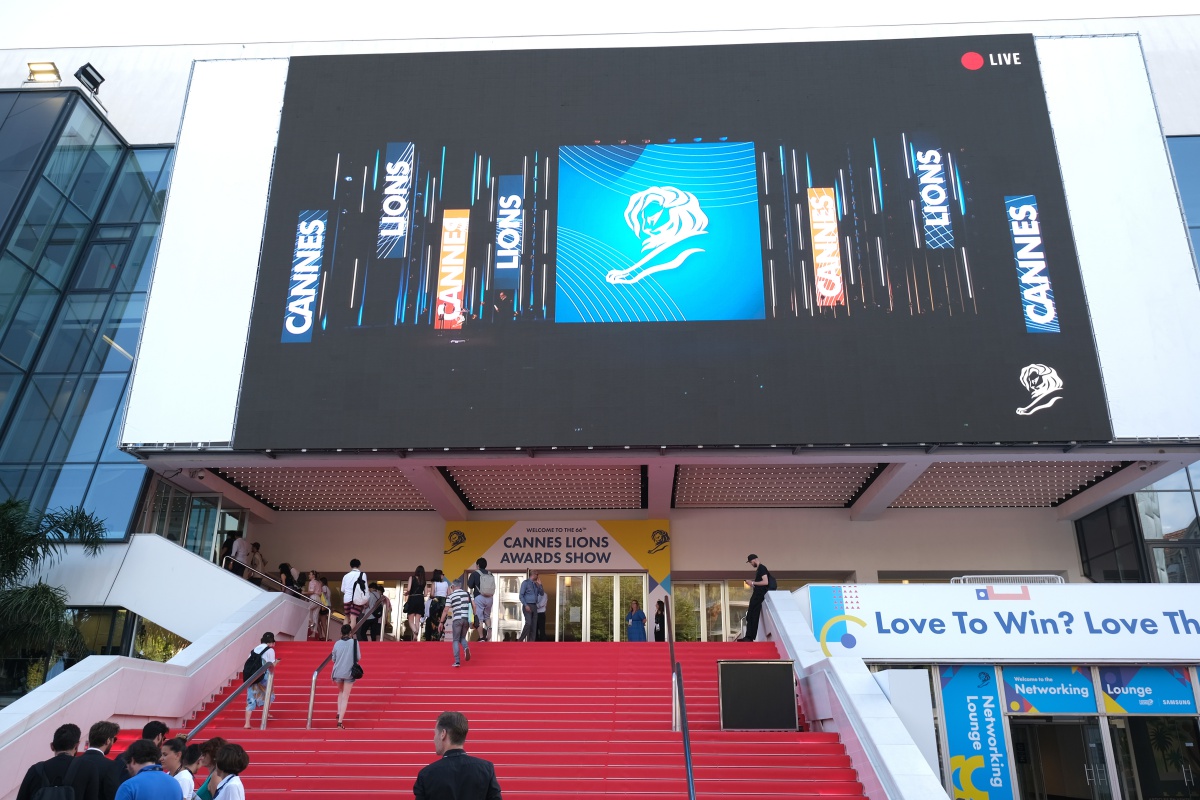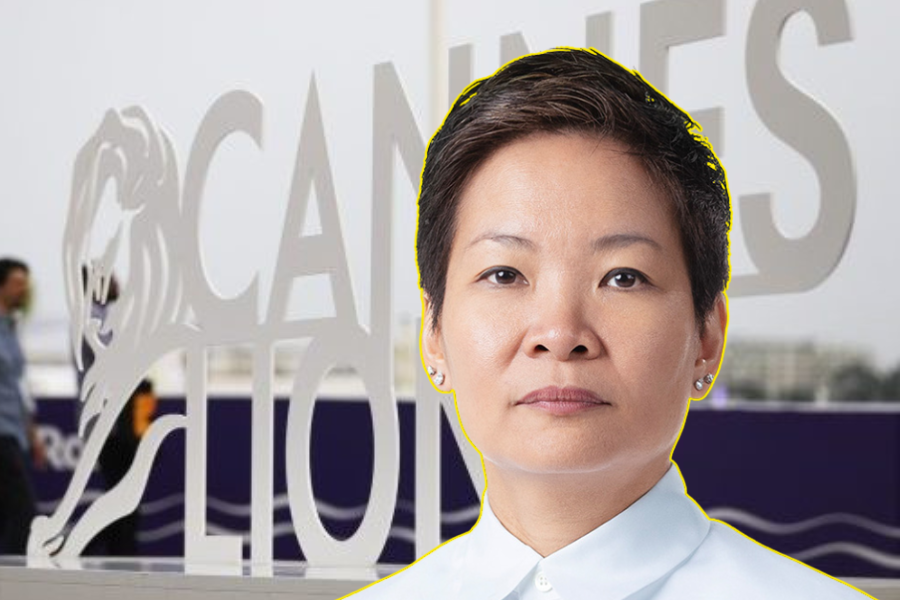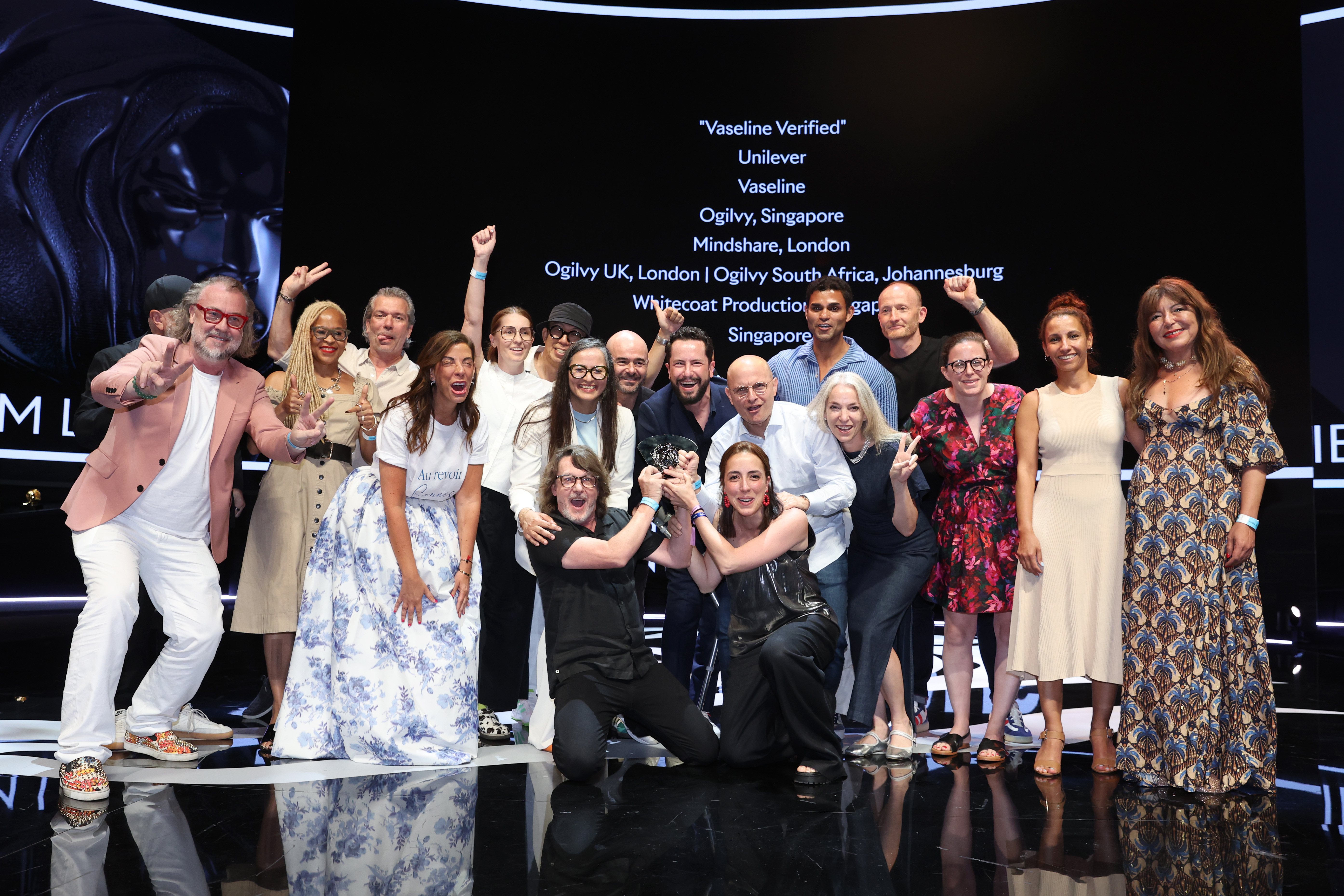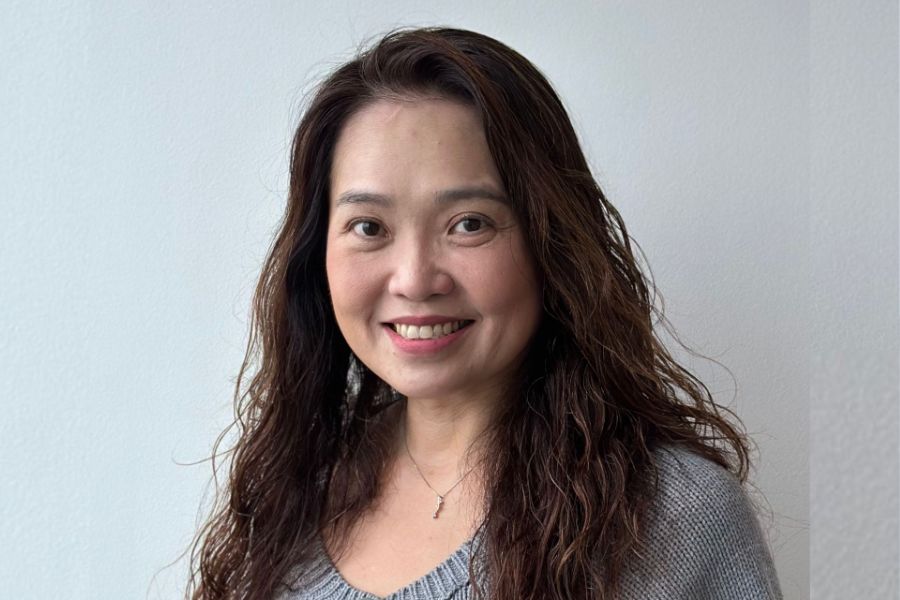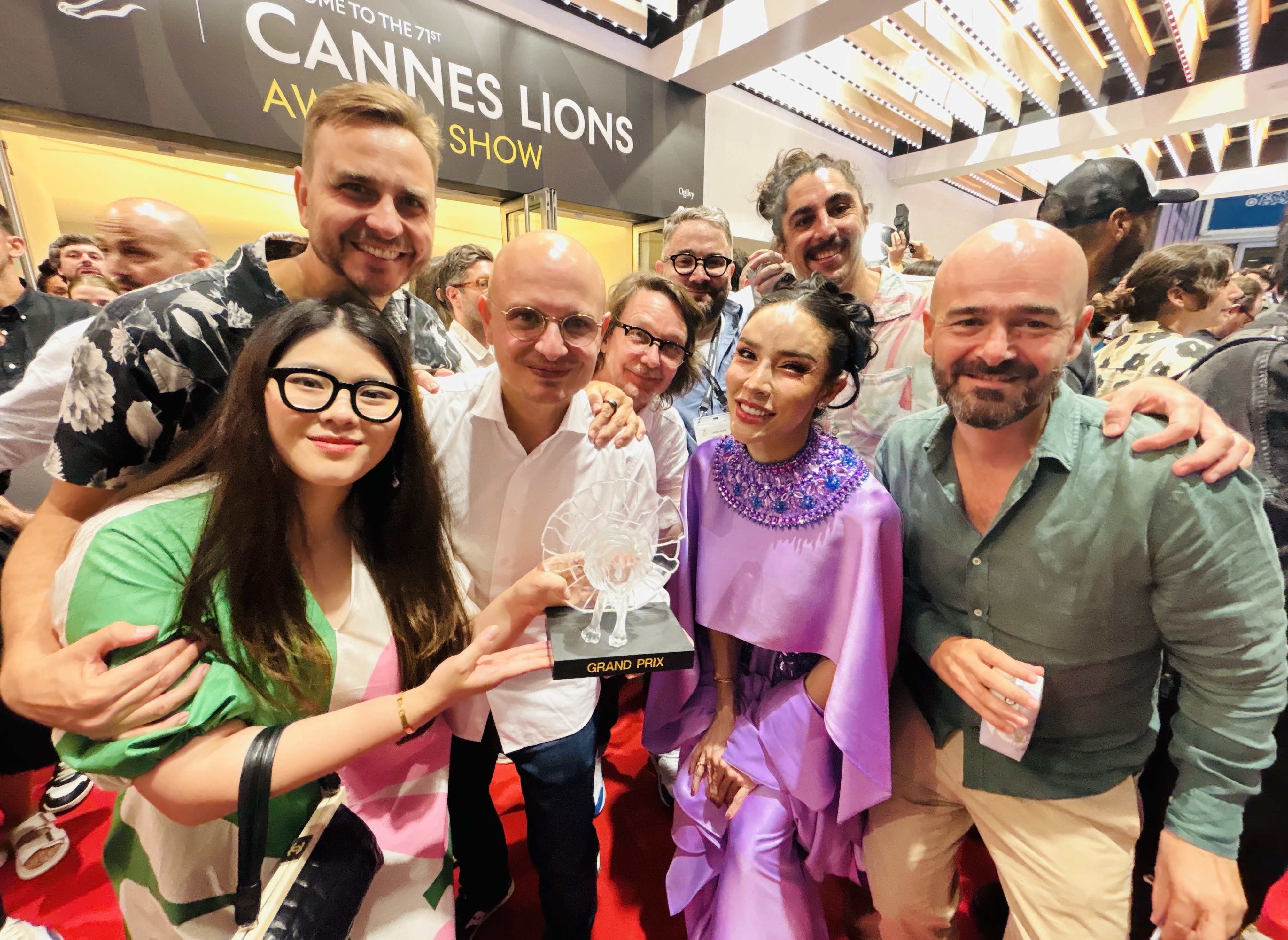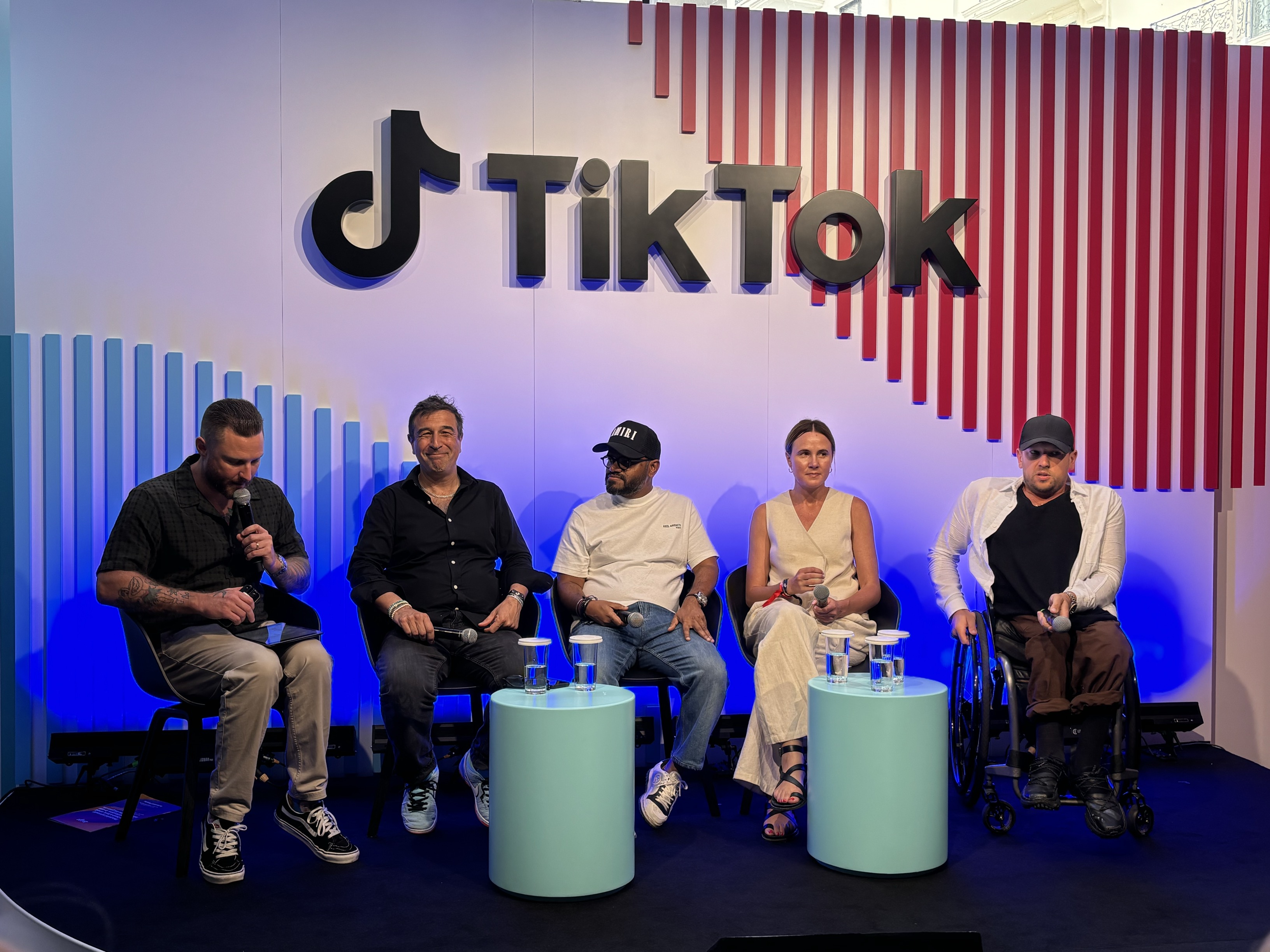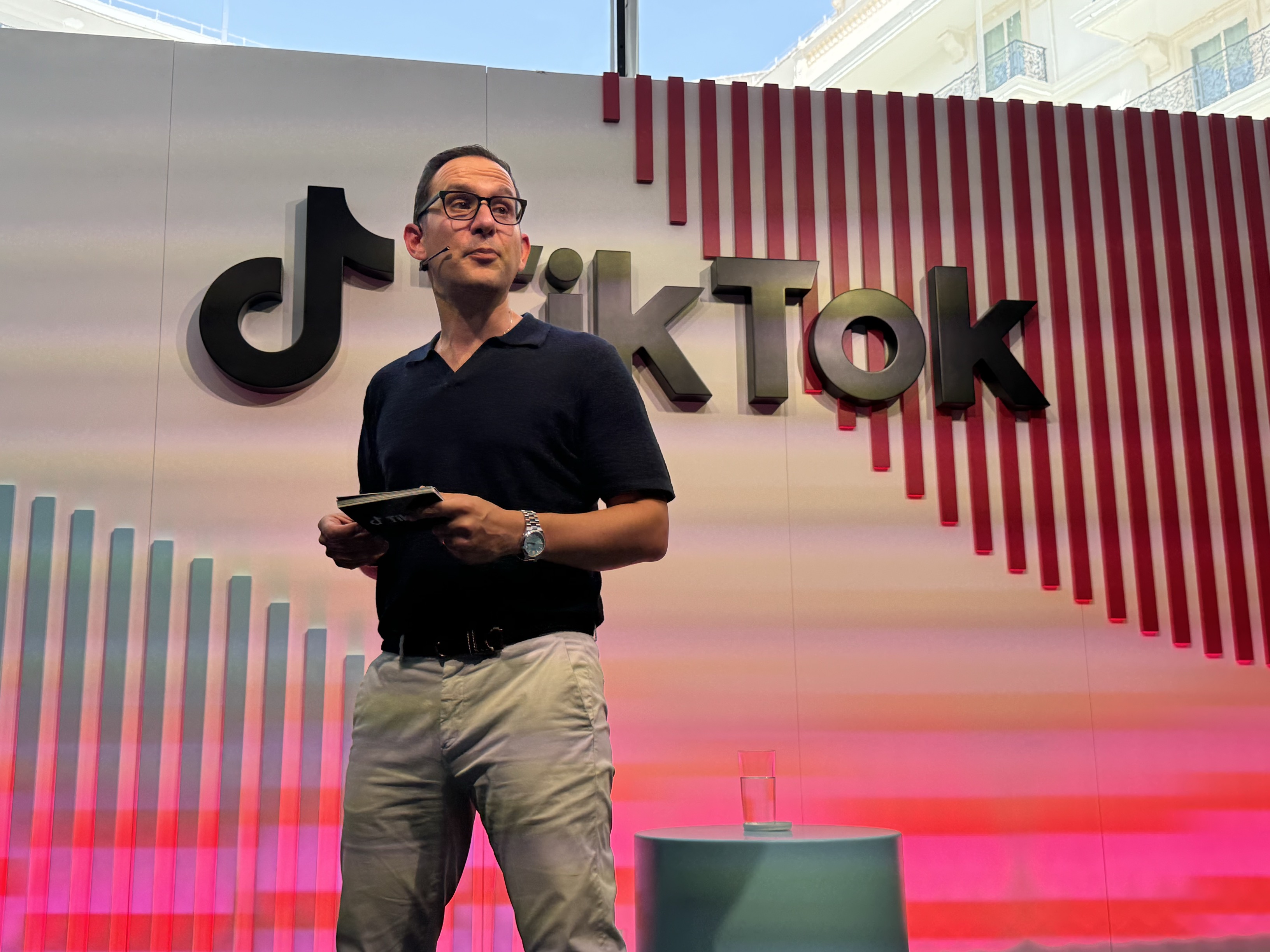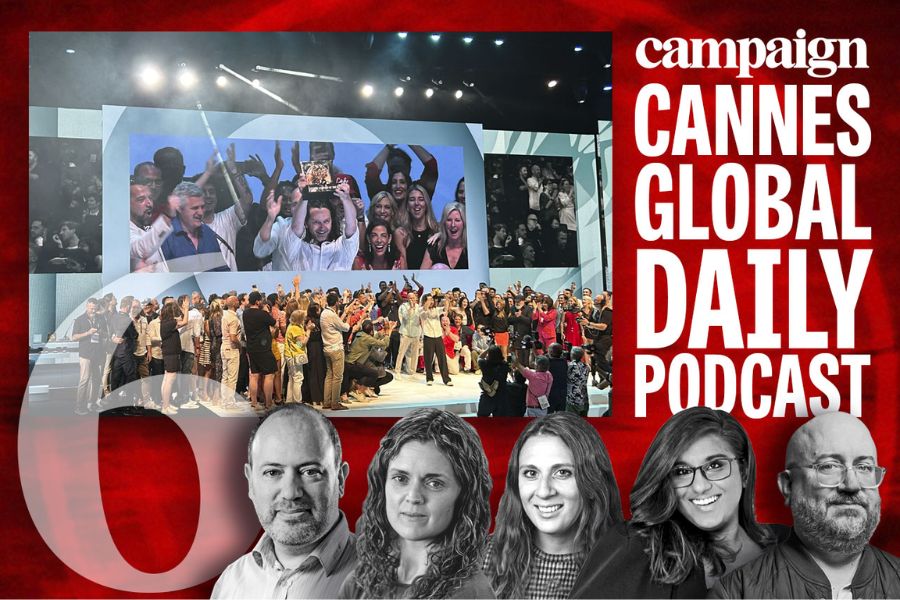Cannes Lions is not always in touch with the outside world, but this year it seemed to capture one societal trend very well: the desire to scale back.
To begin with, the festival itself appears vulnerable. The shorter format introduced in 2018 continued, but awards entries also fell by 4% despite the introduction of new categories. In parallel, former chairman Terry Savage urged people to be more discerning about the awards shows they enter.
Then we had Marie Kondo espousing her remarkably popular philosophy of decluttering and buying “less stuff”. Far from being sidelined by people whose working lives revolve around telling people to buy things, her talk packed out the main theatre.
Outside, Philip Morris International was back in full yet minimalistic force. It was still trying to get creative people on its side to help market its (potentially still hazardous) IQOS products, but was almost aggressive in its humility: no branding, no hard sell, just a big lounge where people can come and talk. “You measure success by how many people are coming back to you with ideas about how we can unsmoke the world,” COO Jacek Olczak said to Campaign.
Unsmoking. Banking less. Renting cars, not owning them. ‘Experiences’, not products. The future of selling apparently lies in convincing people they are doing something quite unrelated to your core business, which has somehow become undesirable.
Social media has recently found itself in the same bracket as tobacco, and a recurring topic of conversation at the Palais was the negative influence it has on our mental state, something people around the world are at last waking up to. The epiphany has been helped by thoughtful books like ‘Digital Minimalism’ by Cal Newport, but it also takes time for people to feel the effects of burnout and for many, that time seems to have arrived. Simply, more people are realising they could put their time to better use than lining the pockets of a few tech giants.
Creatives took an elbow in the ribs too. Nick Law, Publicis’ global chief creative officer, told them to stop hiding behind “the big idea”, stop making stunts, and start making things of value. That requires them to have a role in product decisions, not allowing themselves to be pushed around by social media companies, and ultimately proving their value in business, he said.
Whether you agree with this or not (many will say they do but in reality don’t—or don’t understand it), it presumably also means churning out less promotional detritus. As marketing budgets continue to shrink, agencies are producing more than ever, which makes no sense, aside from the fact that the average person doesn’t want to see what’s being produced anyway. But (at least some) marketers seem to be waking up to the dangerous notion that they and their agencies don’t need to be “always on”, responding to random external blips, and are probably a lot better off following a well-considered strategy at their own pace.
Less “content” and less nonsensical talk of “always being by the consumer’s side” like some needy pet dog are fairly easy changes to make. But what about less products? People are already overwhelmed with choice, and yet most of what’s out there in any category is still essentially rubbish, just as most advertising is. Not to mention that the waste generated by our throwaway culture is engulfing the planet.
As with social media, we “consumers” consume as much as we do not because we need to or because it’s good for us, but out of boredom and force of habit. Marie Kondo is right when she says we really don’t need all that much to be happy. Ultimately, as we always have, we require fewer, better quality things. But it’s one thing to applaud these ideas in the glow of the Palais and the Cannes sunsets, and quite another to take that thinking back to the boardroom of a company under pressure from shareholders to deliver continuous growth.
David Blecken is executive editor of Campaign Japan, based in Tokyo.

